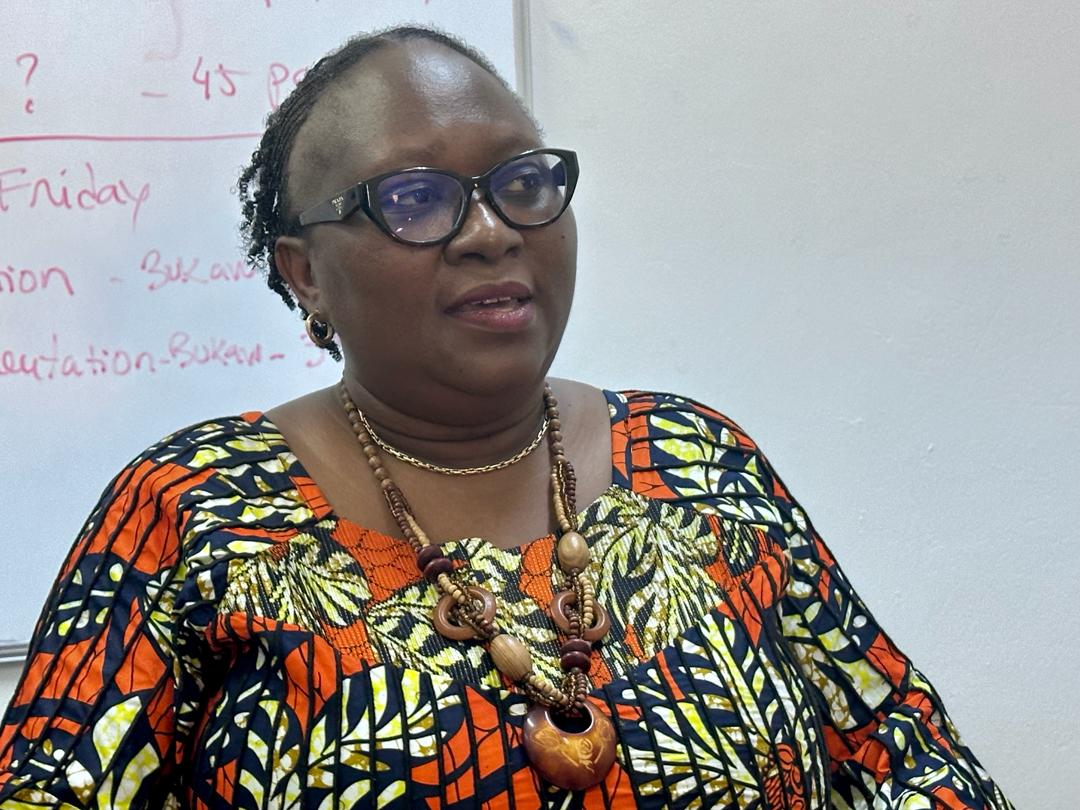In a complex international context concerning the traceability and ethics of the mineral supply chain, the Democratic Republic of Congo is faced with a major dilemma. Indeed, despite the inclusion of Cobalt ore on the list of goods produced by child labor or forced labor by the United States Department of Labor, the Congolese government will have to continue its activities of selling this mineral on the international market.
This decision raises many questions about mining practices in the DRC and the responsibility of government authorities in the fight against child labor. As international pressure grows to ensure transparency and ethics in supply chains, it is imperative that the DRC take concrete measures to improve working conditions in Cobalt mines.
In addition, maximizing revenues and combating tax evasion appear to be major challenges for the country’s economic development. The testimony of Félis Kitenge, Director of the DGDA Ituri, highlights the efforts made to strengthen border security and combat fraudulent practices. These actions are essential to ensure transparent management of resources and promote a healthy economic environment.
On another note, the support of the special techniques company STS in the province of Maniema represents an opportunity for technological development and expertise for the region. This collaboration could stimulate innovation and strengthen local capacities in the field of special techniques, thus offering new perspectives for the regional economy.
Finally, the discontent of women vendors at the central market of Bunia highlights the tensions related to the management of commercial spaces. The mayor’s decision to transfer these spaces to investors arouses concern and anger among the vendors, highlighting the challenges of urban planning and the preservation of local commercial activities. It is essential to find a balance between economic development and respect for local actors to ensure sustainable and inclusive growth.
In short, the economic and social challenges facing the DRC require concerted actions and innovative strategies to promote sustainable and ethical development. It is crucial that authorities, businesses and civil society collaborate to address these challenges and build a more just and prosperous future for all Congolese citizens.

